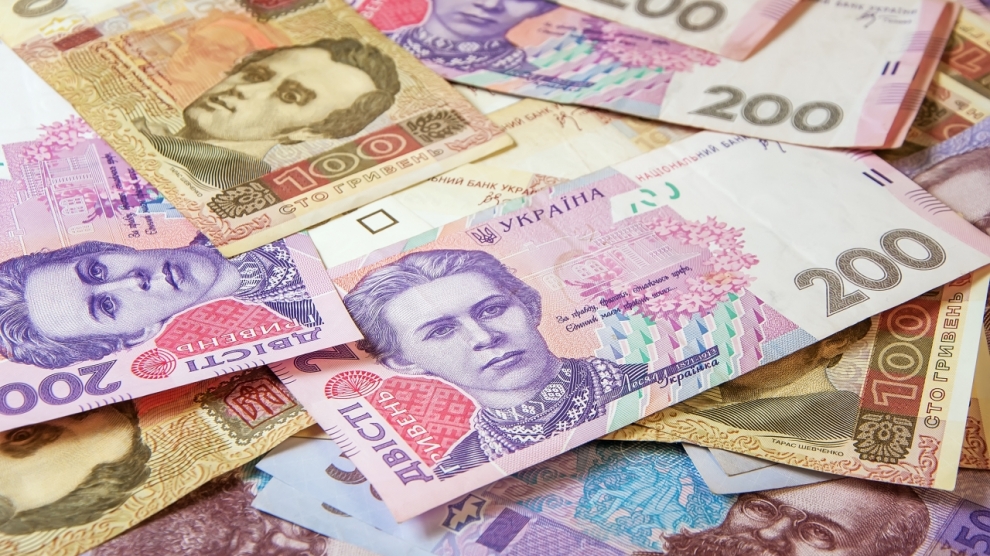The fuel and energy-related industries are allegedly corrupted areas of the Ukrainian economy, a recent report suggests. According to the National Anti-Corruption Bureau of Ukraine (NABU), the damages amount to UAH 20 billion (€650 million).
“Out of that damage caused to state enterprises due to corruption offences investigated by NABU, UAH 11.8 billion are losses of the companies operating in the fuel and energy industry. For example, this amount of damage is compatible with the need of the Ministry of Defence of Ukraine for additional financing in 2017,” NABU’s director Artem Sytnyk tells Emerging Europe.
The oil and gas industry, which represents 73 percent of the total damage, is followed by the electric power production and the nuclear industry. Further investigations have been headed against the headquarters of the National Energy and Utilities Regulation Commission (NEURC) which is allegedly linked to inflated prices of fuel. Evidence suggests that the NEURC strike illegitimate deals that led to high profits generated by companies operating TPPs, while electricity consumers incurred groundless costs.
“State energy companies are ‘corruption leaders’ among other state enterprises, not only in terms of damage caused to the state, but also in terms of the number of people involved in corruption schemes. For example, there are around 30 suspects in the so-called ‘Onischenko gas case,’ including a Member of Ukrainian Parliament Oleksandr Onischenko, head of the State Fiscal Service of Ukraine, officials of the state company ‘Ukrgazvydobuvannya’ and others,” Mr Sytnyk adds.
Therefore, this investigation will deeply impact the whole economy. As these companies are holding a monopoly position at their markets, they are crucial for the national security and any changes in operations of these objects might impact other industries. These companies are the large taxpayers and, in most cases, major budget revenue generating enterprises in the regions of activity.
“These investigations are very important as corruption offences deteriorate the financial standing of state-owned companies and compromise their value. Eliminating corruption schemes at state energy enterprises help to improve their performance, receive a fair price in case the asset is put up for privatisation and furthermore to protect interests of domestic or foreign investors,” says Mr Sytnyk.
As of now, more than UAH 40 million (€1.3 million) was returned to accounts of companies upon claims submitted by the NABU. 16 cases involving 22 persons were sent to court and nine guilty verdicts passed on ten people. However, according to Mr Sytnyk, estimating damage from economic crimes is one of the most controversial aspects, due to the lack of proper legal regulation.
“A court may refuse to consider the loss of profit or revenues by state companies due to the implementation of the corruption scheme as damage,” Mr Sytnyk further claims.






Add Comment